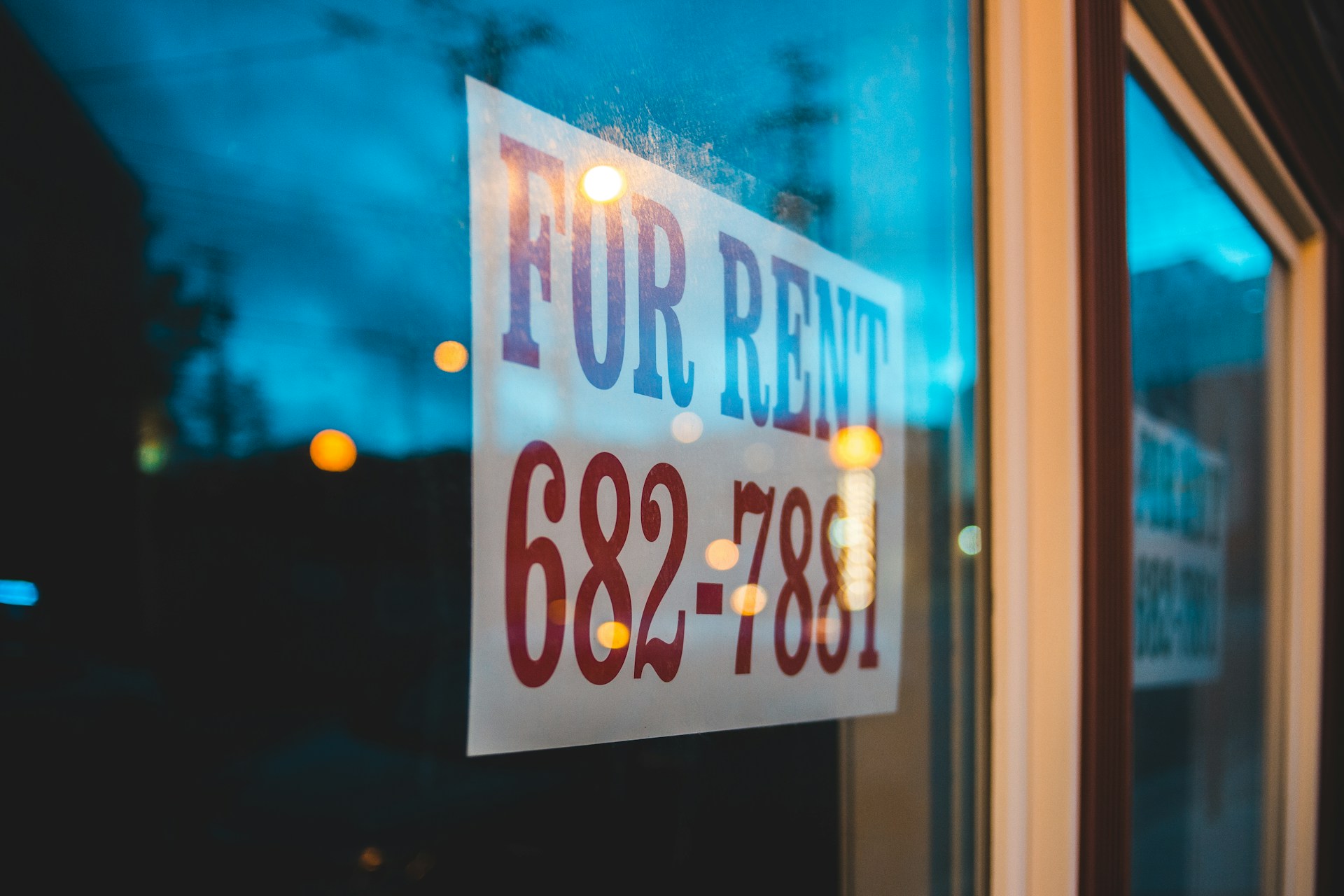Protocol not signed correctly? Risks and challenges to WEG decisions — legally protect them now!
Logging clause disregarded? Risks associated with WEG decisions — check your declaration of division to avoid deadlines and loss of rights!

With several years of experience as a lawyer, I have professional expertise and the necessary knowledge to effectively solve your legal concerns.

Photo by Annina Maria upon Unsplash
1. What does the recording clause in the declaration of division mean?
The topic of “recording clause and signature in the WEG protocol” plays a role in particular when it comes to the effectiveness of decisions of the owners' meeting. Many declarations of division contain a so-called qualified formal requirement: For example, that the protocol must be signed not only by the administration, but necessarily by a residential owner determined by resolution. Only then do the decisions made at the meeting become legally binding.
Why is that relevant?
Especially when it comes to cost-intensive decisions — such as repairs, structural changes or cost allocations — much depends on complete compliance with formal requirements. Even minor omissions can have significant consequences for the entire community.

2. Current case: What did the Essen District Court decide on the signature of the minutes?
A judgment of the Essen District Court dated 20.02.2025 (Ref. 196 C 141/24) sets the bar high: Here, the declaration of division explicitly required that, in addition to the administrator, only two members appointed by the owners' meeting may sign the minutes. Nevertheless, two randomly selected owners signed.
It was only one year later that attempts were made to “heal” this formal error by subsequent resolution. However, an owner went to court within the so-called appeal period — and won: The court declared the decisions made invalid because the Logging requirements were disregarded. The signature must be made by an explicit resolution and cannot be cured retrospectively.

3. Legal risks & appealability of WEG decisions in the event of infringement
What does that mean for you as an owner?
A violation of a statutory or division declaration of recording clause is not a “minor offense”, but can have extremely far-reaching consequences in administration. Such a formal error makes all appealed decisions of the meeting contestable. Specifically:
- Contestability means: Resolutions apply in principle, but can be appealed in court by any owner within one month of receipt of the protocol and declared invalid.
- The risk: Even overlooked or unpleasant decisions (construction, repair, cost allocation) can lead to surprising returns and financial consequences for all owners years later.
- Cure excluded: According to current case law, subsequent healing through subsequent signature, new resolution or mere correction of the protocol is excluded.
Especially in longer distances, there is a risk that you will not be underestimated that you will make fatal mistakes without knowing the law. Experience shows that many owners' associations underestimate the pitfalls of their own declaration of division.

4. Further pitfalls: Deadlines, healing and interpretation of the declaration of division
Many owners rely on experience — but even minor deviations pose significant risks. A treatment of all conceivable constellations would go beyond the scope of this contribution. To note:
- Contestation period: It is only one month from the date of the resolution. After that, there is usually no turning back. The lack of correct logging does not extend this deadline.
- Material vs. formal deficiencies: Material errors in decisions (e.g. illegal content) may have different legal consequences than formal ones (e.g. false signature); both involve their own risks!
- Not a “factual cure”: The practice of legitimizing decisions retrospectively through the consent of all parties involved was expressly rejected by the court.
- Review of the declaration of division: Many declarations of division are legally outdated, unclear or contradictory — a worthwhile target for opponents of the lawsuit.
It is therefore advisable to have every procedure legally reviewed in case of doubt. Case law and laws relating to WEG law are changing dynamically.

5. What should homeowners do now?
You are right to ask yourself: What if this exact mistake is made in a unpleasant Has a decision been made that you would like to defend yourself against? If you wish to challenge such decisions, there is a period of one month to file an action for appeal:
What is a resolution challenge action?
Appeal action under the Home Ownership Act (WEG)
1. What is a resolution appeal?
The appeal action is a legal remedy under the Homeownership Act (WEG), with which individual apartment owners can take legal action against decisions of the Homeowners' Association (WEG).
- purpose: Review and, if necessary, annulment or determination of the invalidity of a WEG decision.
- Scope of application: Applies to resolutions passed at the owners' meeting, e.g. on house money, structural changes, appointment of administrators, etc.
- Legal basis: § 44 WEG (new version since 01.12.2020).
2. When is an appeal possible?
An action is always admissible if a decision is contrary to law or Community rules, e.g. due to formal errors, illegality or violation of powers.
3. What are the deadlines?
- Contestation period: The appeal must within a month be raised after resolution has been passed. (§ 45 para. 1 WEG)
- Time limit for reasons: The lawsuit must be filed within from two months be justified after resolution has been passed. (§ 45 para. 1 WEG)
4. Summary of deadlines:
1st deadline: Filing of action (§ 45) 1 month from resolution - filing of action with the competent district court 2. Justification (§ 45) 2 months from resolution - Submission of written reasons for the appeal action
IMPORTANT:
The period starts on the day of the owners' meeting in which the resolution was passed — not just upon receipt of the minutes!
As part of this type of action, you can have a violation of the qualified recording clause and the resulting invalidity of the decision determined in court. As a result of the finding of the court, this decision is no longer effective. WEG and the administration must respect this.
Consider the effect of your inaction and failure to meet the deadline: If the deadline is missed, the resolution becomes final and can not more will be appealed in court.
Rely on legal expertise: The review and, if necessary, the adjustment of your own declaration of division, legally secure recording and the rapid, tactically clever response in case of doubt will determine large assets.

6. Conclusion: Get advice at an early stage — your legal protection
Compliance with the formal recording requirements of your declaration of division is not an annoying side issue, but a key to the effectiveness — and above all to the incontestability — of WEG decisions. Clear, error-free protocols protect against later attacks and secure values.
Therefore, have your declaration of division, your minutes and your WEG decisions taken checked in good time and individually — before expensive mistakes occur!
Secure your rights as a home owner:Get in touch now via our contact form and request a call back without obligation. Attorney Guido Depenbrock provides you with expert advice on residential property law — for security and legal certainty in your owners' association.
Weitere Artikel entdecken
There is no alternative to your right.
Together, we will enforce it.
Book your initial legal consultation now and work with me to secure an ally for your rights.
In emergencies (judicial search order, arrest, urgent applications, etc.), we are available 24/7 at the number with the ending -24
(Use this number for genuine emergencies only
- use the number ending with 02504 98799-0 for general inquires)









